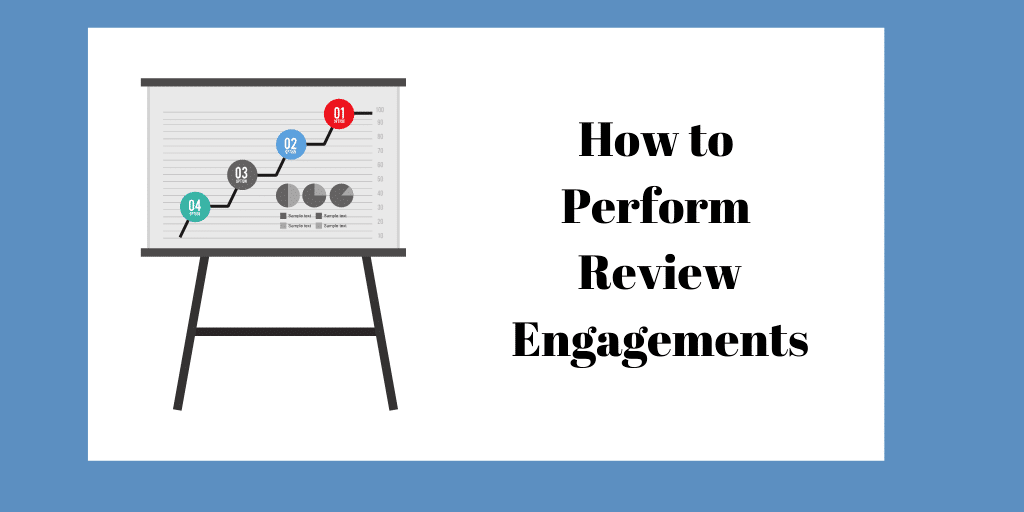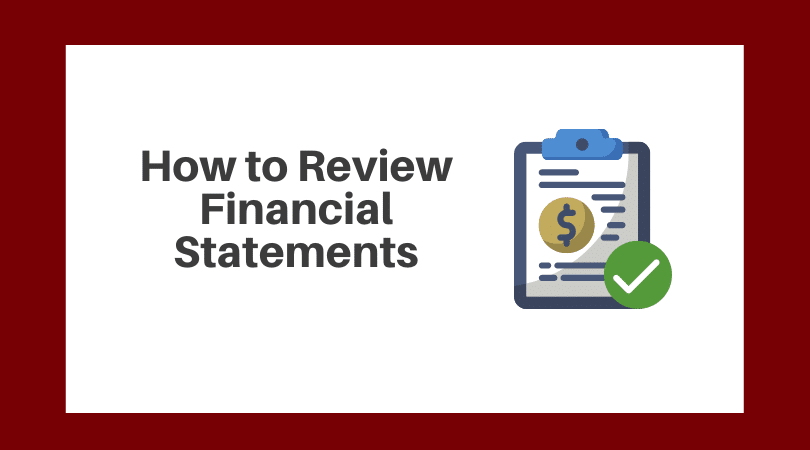Reviewing Workpapers, Keeping Friends

Do you review workpapers? If yes, you’ll relate to the following story.
Bill calls Janet saying, “You can review the workpapers. We’re two days past the deadline, so we need to turn this one around today. Sorry for the late notice.”
Janet feels her blood pressure rise. She taps her fingers on the desk. Her response: “I have three other audits queued up for review. Which partners do you want me to disappoint?”
The conversation goes silent. Tension fills the air. Still more silence.
“I’ll see what I can do, but please give me more notice. This is the third time this has happened.”
Janet begins reviewing the workpapers.
She starts with the engagement letter, but it’s nowhere to be found. She makes a review note. The risk assessment documentation looks good. She thinks to herself, “The walkthroughs have improved, analytics are better, and the planning document has a nice summary of risks and responses.”
She reviews the financial statements, seeing only one deficiency. The fair value note needs improvement.
She calls Bill to advise him of the disclosure change. He hears her words, still laced with tension. A pang of guilt washes over him. He wishes he would have completed this job sooner.
As Janet completes Bill’s review, she receives two phone calls concerning the other queued jobs. The caller says, “When will you be done? What’s taking so long?” I am well acquainted with her frustration. I feel her pain.
What can Bill do to make Janet’s life better?
How Bill Can Win Friends and Influence People
Bill needs to provide Janet with adequate time to review workpapers. Granted, timeliness can’t always happen. But give as much advance notice as possible. Bill knows the job is running late. Calling Janet two days earlier would have been a big help.
Bill should also let Janet know that certain documents–such as the engagement letter–are not in the file and why.
Bill may need some assistance in project management. If this is the third time, maybe Bill needs to take some continuing education regarding efficiency and organization.
What can Janet do to make everyone’s life better?
How Janet Can Win Friends and Influence People
Let’s face it. The pressure in public accounting is unrelenting, so finding the better angels of our nature can be challenging. But this we know: Janet will foster greater cooperation with patience. Friction is not your friend.
Few people enjoy having their work reviewed, so critique kindly. We need to be clear regarding suggested corrections, but more than anything, we need to be respectful.
While I understand Janet’s “this is the third time” comment. But for now, these words need to be avoided. Should Janet address the problem with Bill? Yes, but save the conversation for another day when tensions are not so high.
Where possible, emphasize improvements. Janet noticed the risk assessment documentation was better. Including this positive review note goes a long way in winning friends and influencing people.
Workpaper Review Policy
The firm needs a policy that clearly defines the review process. Generally, work should be reviewed on a first-in, first-out basis. There will be exceptions; but if people–like Bill–repeatedly turn work in late, the managing partner may need to provide direction. If there are multiple “Bills,” Janet’s review role can become overwhelming.
Here are some suggested guidelines firms can use:
- Engagements will be reviewed on a first-in, first-out basis
- Review comments will be in writing
- Feedback will be respectful
- File reviews must be timely (if the reviewer waits a week to complete a review, the audit team may not be available for clearing the comments)
- Reviewers will accumulate summaries of findings on a firm-wide basis (then the firm can develop continuing education classes to remediate issues noted)
- Reviewers will have sufficient industry knowledge (for the engagements reviewed)
Action to be Taken
If your firm doesn’t already have written review guidelines, consider developing those. Much confusion can be avoided by having a protocol. That way, everyone knows the drill.
If you do have written review guidelines, consider reviewing them for improvement.


